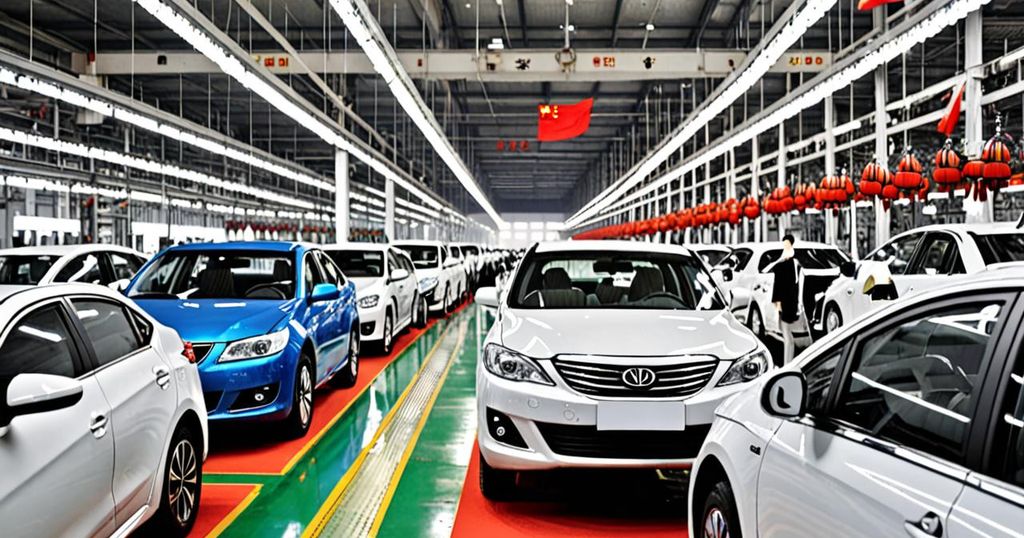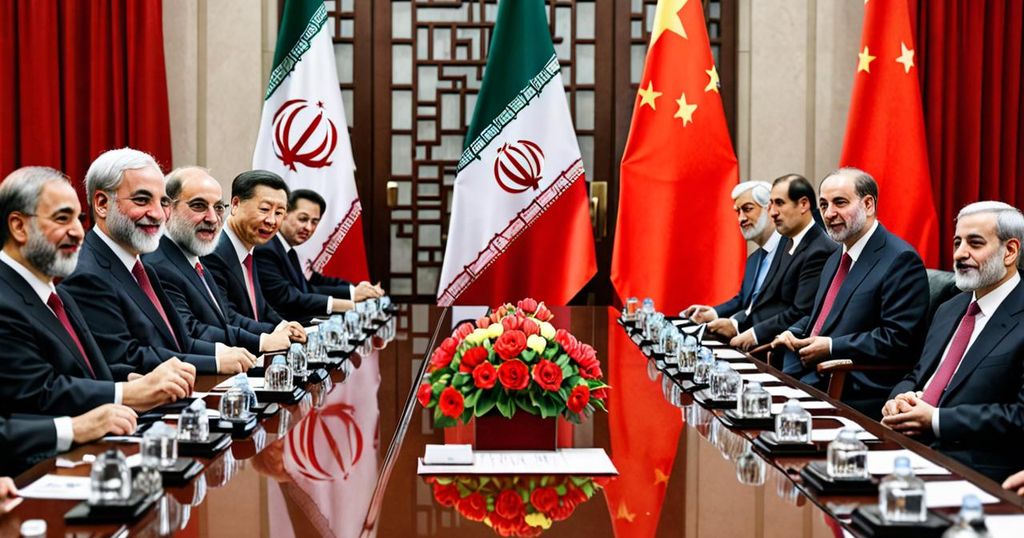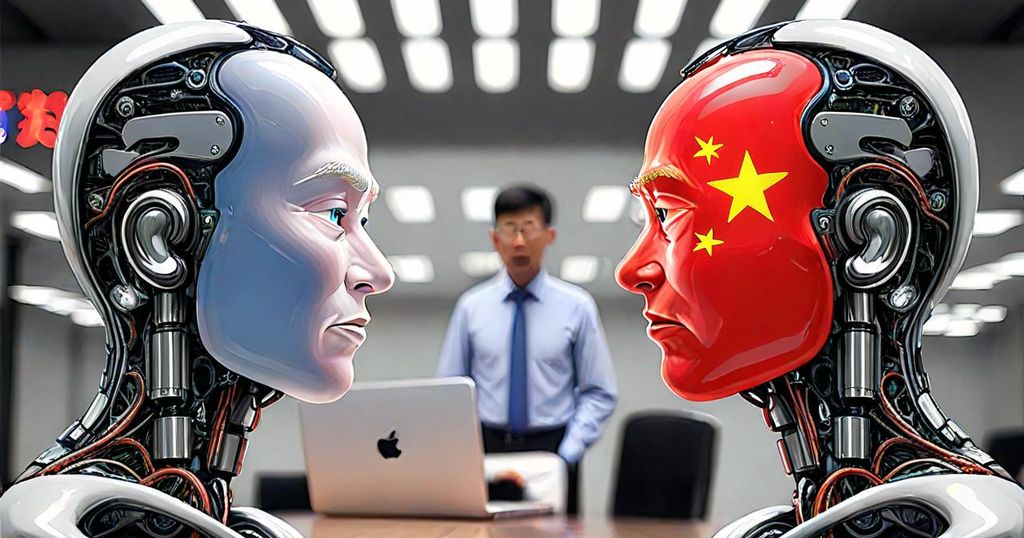China has made remarkable progress in the electrification of its vehicles, and its automotive industry is now venturing into the realm of technology. This transition is reshaping the landscape of car manufacturing and providing consumers with an expanded range of features and services.
A significant development in China’s automotive sector is the introduction of Navigation on Autopilot (NOA) systems in vehicles. While not fully autonomous, these systems can handle stop, steer, and acceleration functions in city environments. This innovation is poised to revolutionize the driving experience for Chinese consumers in numerous cities.
The industry’s shift towards integrating technology is evident in the ambitious roadmaps unveiled by electric vehicle (EV) makers and AI startups. Their plans for national rollouts of city NOA services reflect the increasing demand for advanced technology in the automotive sector. This trend has led to the proliferation of advanced software features in vehicles, such as facial recognition for driver monitoring, augmented reality for windshield displays, and AI-integrated audio chatbots for route planning.
Furthermore, the subscription model has emerged as a game-changer for the automotive market, enabling consumers to access NOA systems and battery services at affordable prices. This approach, combined with the incorporation of the latest technology, is transforming auto companies into tech entities that compete not only in terms of performance and design, but also in technology integration.
This rapid industry evolution in China has traditional auto brands striving to keep pace with tech giants such as Baidu, Xiaomi, and Huawei, all of which are heavily investing in autonomous driving and electric vehicle technologies. As a result, consumers can expect a wider range of advanced tech products at more competitive prices.
While the transition of car companies into tech entities presents several advantages, such as greater accessibility to advanced technology for consumers, it also brings forth complex challenges related to data security, privacy, and AI ethics. Nevertheless, this trend is inevitable and will likely serve as a valuable lesson for the global industry.
In light of these developments, China’s pioneering role in the transformation of its auto industry sets the stage for a new era of automotive technology integration, setting the tone for future innovations in the sector.
As the industry continues to evolve, the influence of the Chinese automotive market as a key driver of technological advancement cannot be overlooked, offering insights and lessons for the global industry.
– Authoritative sources:
1. China Report, MIT Technology Review’s newsletter
2. Zhang Xiang, Chinese auto industry analyst and visiting professor at Huanghe Science and Technology College
3. Tu Le, managing director of Sino Auto Insights
For more news and updates on technology developments in China, stay connected with MIT Technology Review for the latest insights, special offers, and upcoming events.








